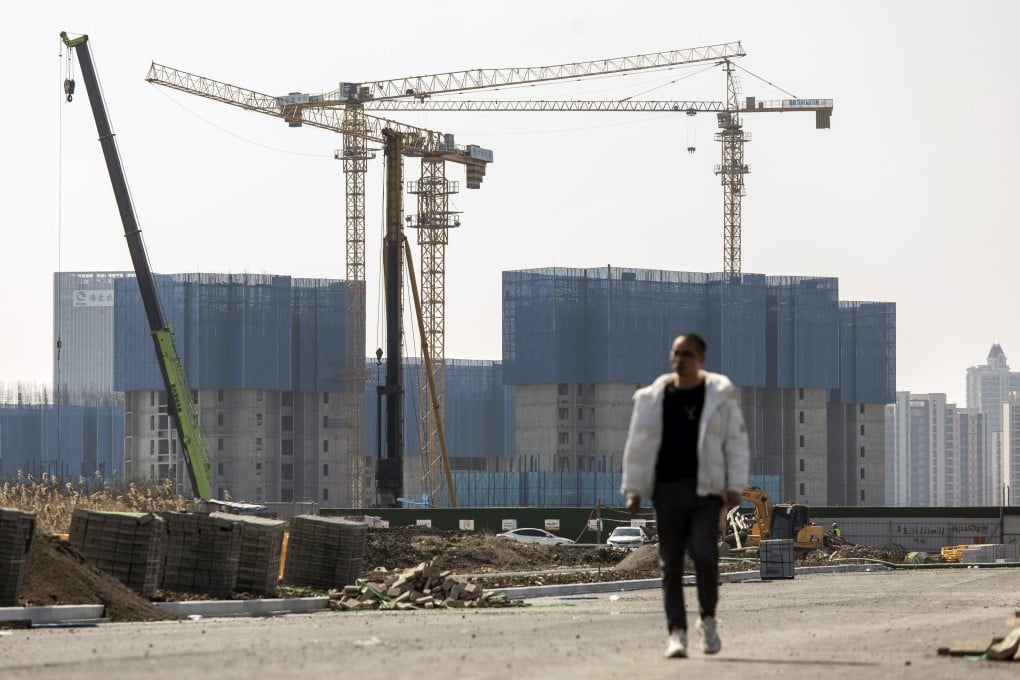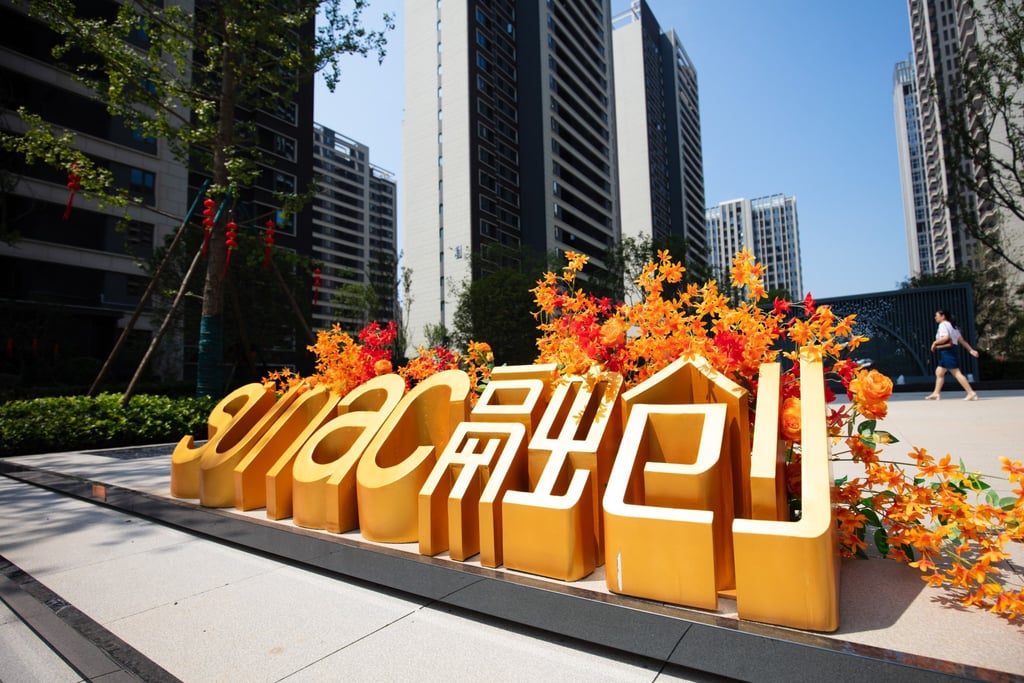Sunac China Holdings defaults on US$741.6 million bond, snared by ‘three red lines’ policy and sputtering home sales amid Covid-19 outbreaks
- The company failed to pay US$29.5 million in interest due on a US-dollar bond and expects to miss payments on three additional notes, it said in a filing
- The developer’s April sales dropped 75 per cent compared with a year ago and 40 per cent compared with March

China’s fourth-largest developer by sales last year, Sunac failed to pay US$29.5 million in interest on a US-dollar bond before a Wednesday deadline and does not expect to make payments on three additional notes, it said in a filing with the Hong Kong stock exchange Thursday morning.
The filing concerns a US$741.6 million bond with a coupon of 7.95 per cent, which will mature on October 11, 2023. The interest payment originally came due on April 11, but Sunac was given a 30-day grace period that ended on Wednesday.
The company added in its filing that it has not paid interest on another three senior-note US-dollar bonds: a US$643 million bond with a coupon of 8.35 per cent maturing in April 2023, a US$942 million bond with a coupon of 5.95 per cent maturing in April 2024, and a US$400 million bond with a coupon of 6.8 per cent maturing in October 2024.
